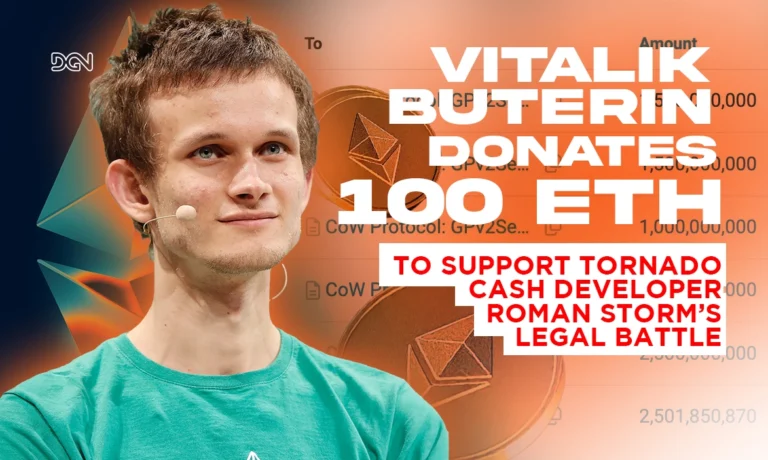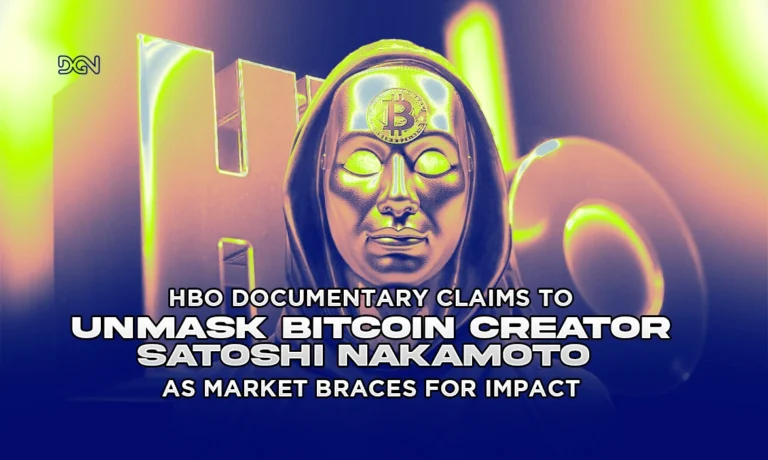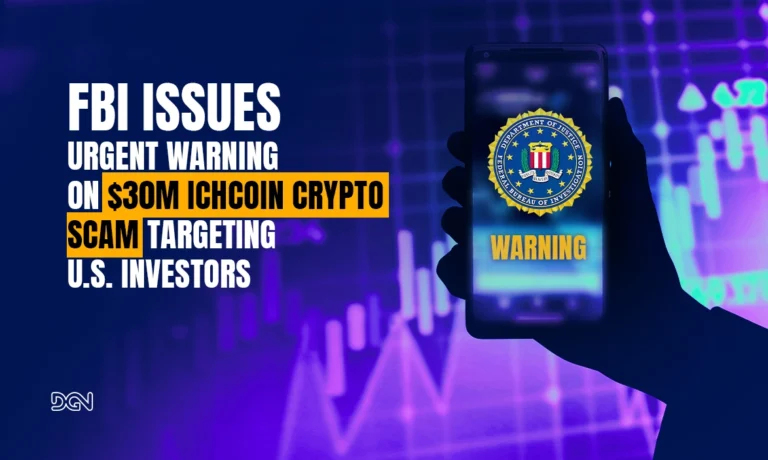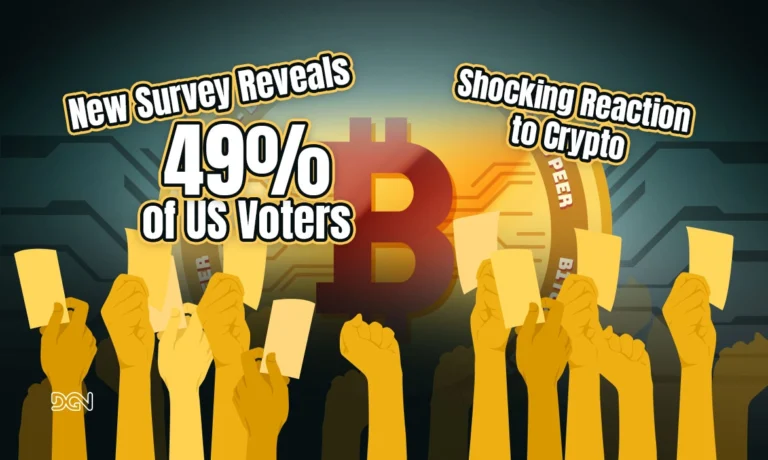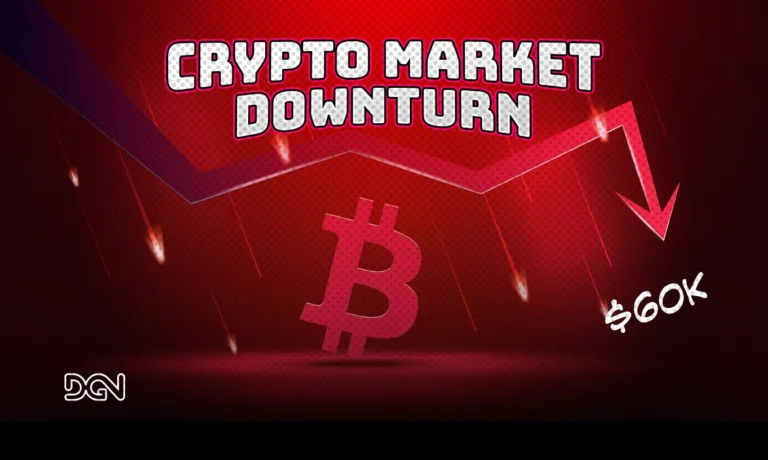Vitalik Buterin Contributes 100 ETH to Roman Storm Defense Fund Amid Legal Battle
Ethereum co-founder Vitalik Buterin has once again shown his support for Roman Storm, the Tornado Cash developer facing significant legal challenges in the U.S. Buterin donated 100 ETH (around $240,000) to Storm’s legal defense fund, marking his third contribution to the cause. This brings the total amount raised for Storm’s defense to over 327 ETH, valued at approximately $785,000, according to the crowdsourcing page set up for his legal defense.
Storm has expressed his deep gratitude for the crypto community’s ongoing support, especially as he battles accusations related to his role in developing Tornado Cash, an open-source cryptocurrency mixer.
The Charges Against Roman Storm

Roman Storm’s legal troubles began when the U.S. Office of Foreign Assets Control (OFAC) sanctioned Tornado Cash in 2022, accusing it of facilitating large-scale money laundering operations. Tornado Cash, a decentralized tool designed to enhance privacy in Ethereum transactions, has been scrutinized for its role in masking illicit activities.
Despite pleading not guilty to all charges, Storm now faces the possibility of a 45-year prison sentence if convicted. U.S. Judge Katherine Failla recently denied Storm’s motion for dismissal, ruling that the charges against him were not baseless and the case should proceed. According to the judge, the notion that Storm is being prosecuted solely for writing code doesn’t fully capture the scope of the allegations.
Crypto Community Rallies Behind Roman Storm
Since Tornado Cash’s sanctioning, the crypto community has stepped up to support the developers behind it. Vitalik Buterin’s ongoing financial contributions to Roman Storm’s defense have been particularly significant, reflecting the high-profile support for open-source developers in the crypto space.
In addition to individual donations, JusticeDAO, a decentralized organization, was formed earlier this year to raise funds for Tornado Cash developers’ legal defenses. The group has already raised over 654 ETH, valued at over $1.5 million, demonstrating the community’s collective commitment to defending crypto builders facing legal challenges.
Tornado Cash’s Resilience Despite Sanctions
Despite the legal and regulatory pressure, Tornado Cash continues to see significant activity. In the first half of 2024, deposits into the platform surged to approximately $1.9 billion, marking a 50% increase compared to the entire previous year. The sanctions imposed by OFAC have been only partially effective, as users can still create pseudonymous wallets and bypass compliance measures like know-your-customer (KYC) controls.
As Roman Storm’s legal battle unfolds, the outcome could have major implications for the future of privacy-focused crypto technologies and the developers who build them. But for now, support from Buterin and the wider crypto community remains steadfast, as the fight for open-source innovation and developer rights continues.
